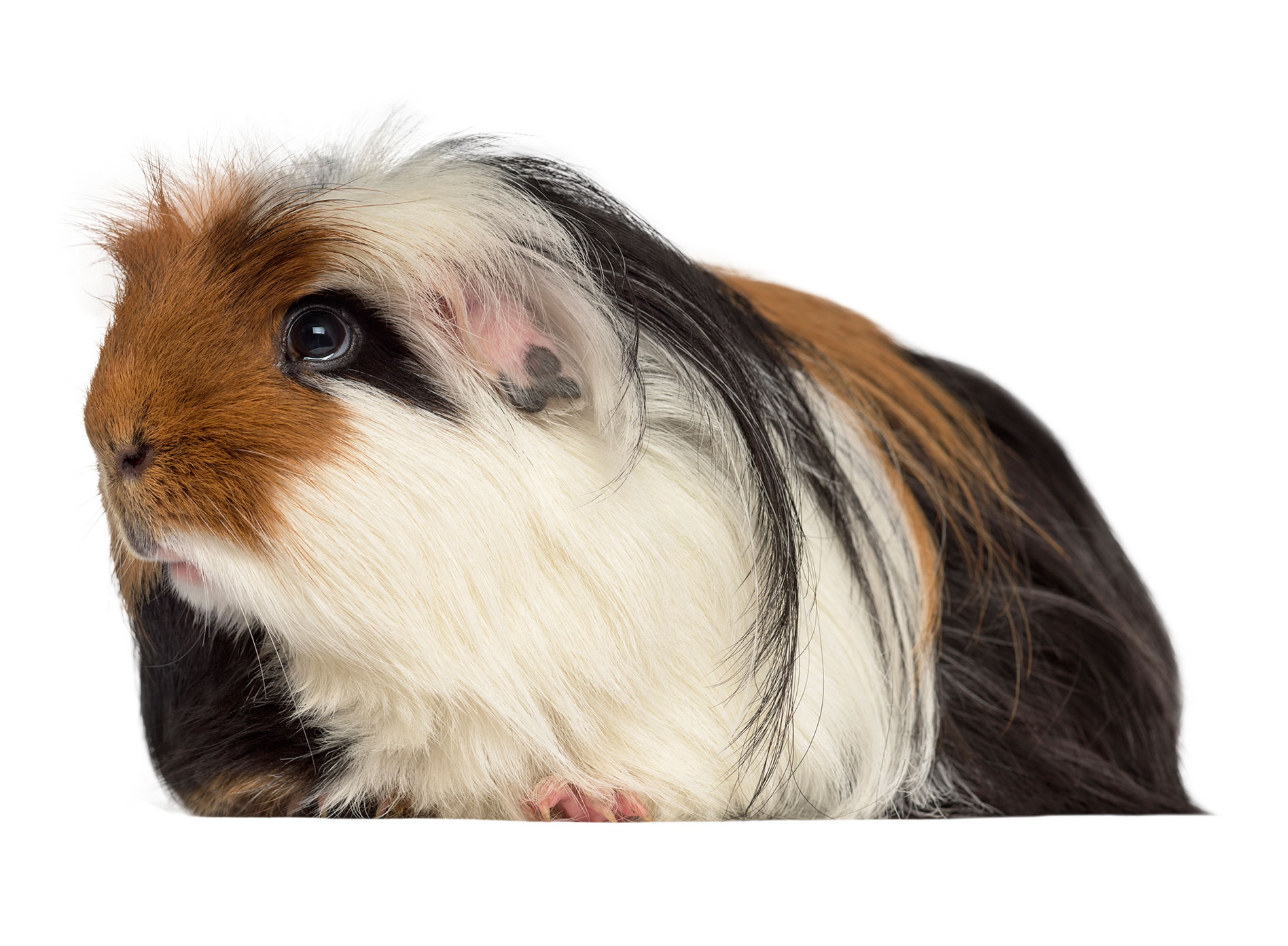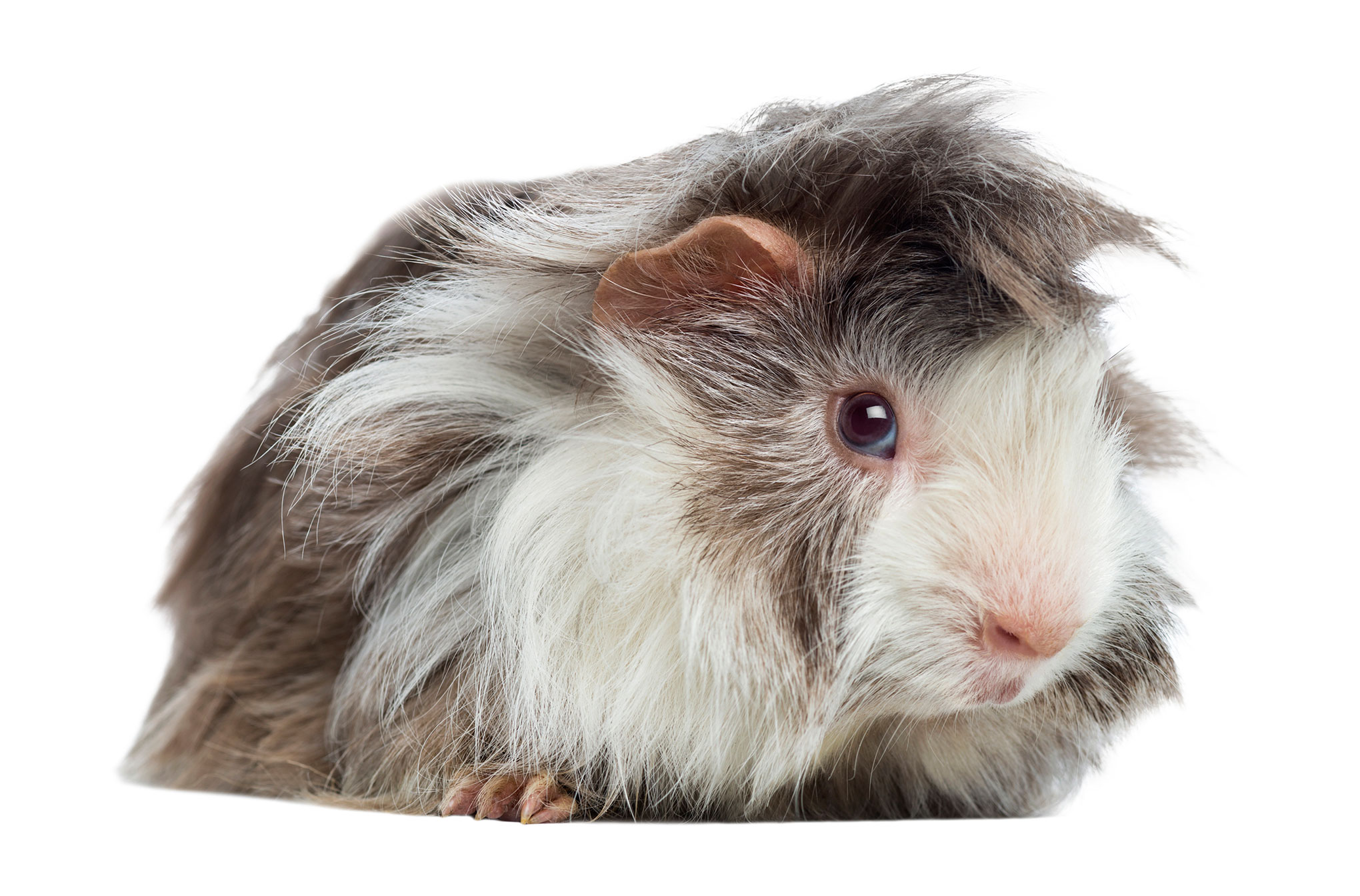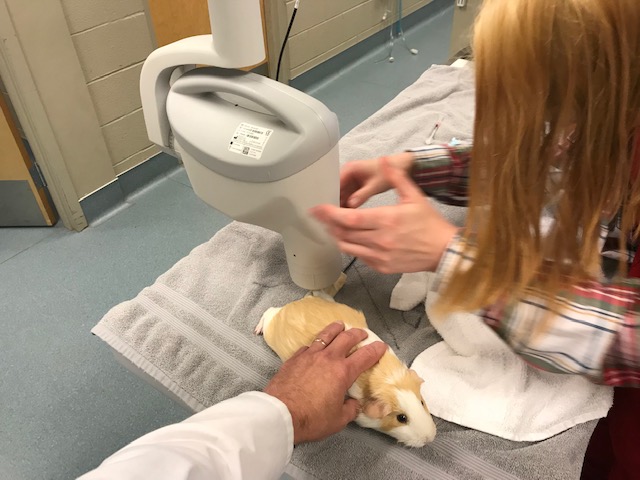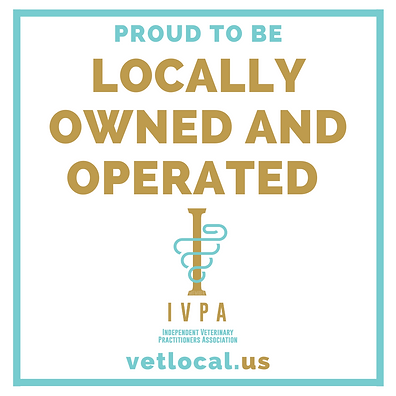|
Guinea pigs are a common household pet that can be a loving and fun family member if taken care of properly especially in cooperation with your Guinea Pig vet in Nashville, Tennessee.
Did you know? Guinea pigs can live up to 10 years, but the average lifespan seen by your Nashville exotic veterinarian is 7 to 8 years.
History
Guinea pigs are rodents originating from South America. Wild guinea pigs used to be found in countries such as Brazil, Argentina, Paraguay and Peru. They lived in grasslands, along the edges of forests, rocky areas, and in swamps. Although guinea pigs are no longer found in the wild, relatives to the guinea pigs are still seen in the wild, such as the capybara.
Over 400 years ago, Spanish explorers discovered guinea pigs while exploring South America. They brought these furry critters back to Europe with them, where they were eventually domesticated. The guinea pig had already been domesticated by the Inca thousands of years earlier. More than 3,000 years ago, cavies were popular pets throughout Bolivia and Peru in the Altiplanos region. The people of the area still keep them as pets today!
Common Guinea Pig Breeds
Common types of guinea pigs include Abyssinian (common physical characteristic: rough, wiry hair in rosettes or whorls) and Peruvian (long, straight, silky hair). Different breeds of guinea pigs have been cross-bred over the years, creating a wide array of coat colors and patterns. Your Guinea Pig veterinarian in Antioch, Tennessee loves them all!

How to Care for Your Pet Guinea Pig
Guinea Pig Cages and Housing
The cage you purchase for your new guinea pig can be made of a combination of plastic, metal or wire. Do not use an aquarium, as good ventilation is important. The enclosure should not be in anything smaller than 30” by 48”.
The walls of the cage should be at least 10” tall, but you typically do not need a top for the enclosure as guinea pigs tend not to jump or climb.
Your Nashville exotic Guinea Pig vet recommend choosing a cage with solid flooring, which can be padded with appropriate bedding such as soft fleece blankets or towels.
Note: According to your Nashville exotic companion veterinarian, guinea pigs should never be housed with wire mesh flooring as this can be harmful to their feet and legs. They should always have a hiding house, such as a hutch, available to them.
How to Keep Your Guinea Pig Cage Clean
Your GP vet in Nashville knows that Guinea pigs are messy creatures, so you will want to keep their housing clean. Unfortunately, these cute and cuddly pets produce a large amount of not-so-pretty droppings, and will quite often defecate in their food and water dishes. Thus, you will need to change them daily. Any food bowls should be heavy enough not to tip over, as they will turn over any lightweight containers.
Bedding
The best substrate for your pet guinea pig includes paper bedding, fleece blankets, or towels as bedding for the cage. Changing the bedding daily will prevent high levels of ammonia from their urine. Feces will contaminate food and water, so spot clean daily.
When offering a litter box to your pet, use paper bedding or recycled pellet litter. Your GP veterinarian in Antioch states: NEVER use cat litter or anything your guinea pig will eat.
Temperature and Humidity
The ideal spot for your pet guinea pig’s cage is in a quiet area out of direct sunlight. The temperature should stay between 68°F and 74°F. These guys actually tolerate cool temperatures better than heat, and should not be exposed to high temperatures and humidity. They are susceptible to hyperthermia, also known as overheating.
Diet and Nutrition
Water: Use a heavy ceramic or bowl to provide your guinea pig with continual access to drinking water. Clean the bowl daily with soap and warm water and rinse well. Make sure that the bowl height is appropriate for your pet guinea pig to easily reach the water. Stopper bottles are okay, but ensure you can properly monitor daily water intake. Also, be sure to check the stopper daily to make sure it is not stuck.
Hay
The majority of your guinea pig’s diet should consist of high-quality timothy hay such as Oxbow hay. Hay should be available at all times. Baby guinea pigs should receive both Timothy and alfalfa hay, but plan to wean off the alfalfa when he or she is about 6 months old. Keep in mind that hay can become moldy very easily. To prolong its freshness, store it in a cool dark area free from all light and keep out moisture using an airtight bag or container.
Pellets: Guinea pigs eat pellets, which should be served daily in a heavy ceramic or stainless steel bowl. We recommend Oxbow pellets, choosing adult or baby formula based on your guinea pig’s age. Choose pellets that are fortified with Vitamin C, since guinea pigs can’t produce this nutrient on their own. Pellets also provide a good balance of fiber and protein. Be sure to wash your guinea pig’s food bowl daily with soap and warm water.
Vegetables and Fruit: Guinea pigs love fresh veggies, and will enjoy a variety of leafy greens, fruits and vegetables. We suggest feeding them a small salad once or twice per day. This salad should be made of mainly leafy greens: dandelion greens, mustard greens, kale, and collard greens. Small amounts of fruits and veggies can be added, or chopped up as a treat during play time or bonding time.

Here are some fruits and vegetables safe for your pig as treats:
- Carrots,
- Red bell peppers,
- Apples,
- Strawberries,
- Spinach,
- Cilantro,
- Parsley
Remember, these are only treats. They should be given in small quantities and moderation. A good balanced diet helps guinea pigs maintain appropriate levels of Vitamin C.
Offer a slice of red bell pepper every day during play time to add Vitamin C to their diet!
Be weary of treats you find at pet stores, as many different types of rodent treats (such as yogurt drops) often contain sugar as their first ingredient. This is very detrimental to their health. Talk to your exotic veterinarian in Nashville, Tennessee about the best treats!
Fresh vegetables and fruits that you can buy at your local market are cheaper and more nutritious for your guinea pig.
AN IMPORTANT DIETARY PRECAUTION: It is very important to introduce your guinea pig to a variety of food at a young age. Pigs tend to be very picky, so if they only have been fed a select amount of items, they get used to those food items only. By exposing them to many options at a young age, this can prevent potentially dangerous self-imposed fasting by your guinea pig. Cavies have sensitive intestinal tracts and sudden alterations in their diet (or even a change in their pellet brand) may result in serious GI upset and anorexia.
Behavior
Guinea pigs make good pets, as they are non-aggressive and they don’t often bite or scratch. This makes them perfect for families with children. If frightened, guinea pigs may run around their enclosure at a high speed, which makes them hard to catch.
Guinea pigs are social creatures who love to come out of their cages and run around. This should be supervised in a secure area, particularly because guinea pigs love to chew anything. Please be aware that these guys will chew wires, outlets, and baseboards, and this can be very dangerous. The best type of flooring to play with your guinea pig on include tile, carpet, linoleum or wooden floors free of wires and outlets. This also makes for an easy clean-up!
While of course guinea pigs don’t speak English or Spanish, their varied and diverse vocalizations have been well-characterized. Some common guinea pig call types include; chutt, chutter, whine, tweet, whistle (single or in long bouts), purr, drr, scream, squeal, chirp and grunt.

Medical Care
When you first buy a new guinea pig, your Guinea Pig vet in Antioch highly recommend conducting a physical exam to check your new pet. After that, your exotic vet recommends yearly wellness exams that include fecal and blood-work helps ensure he or she lives a long and healthy life.
Common Health Concerns
The following list includes common health concerns of guinea pigs. Observing your pet’s symptoms and behaviors and bringing them in for annual physicals will help prevent these ailments, or even catch them early on:
- Respiratory infections,
- Vitamin C deficiency,
- Dental disease,
- Ear infections,
- Abscesses,
- Urinary Problems,
- Parasite & skin problems,
- Diarrhea, and
- Tumors.
SCHEDULE AN APPOINTMENT ASAP WITH YOUR EXOTIC GUINEA PIG VET IF YOU NOTE ANY OF THESE ABOVE SIGNS!
How Can You Tell When Your Guinea Pig Is Sick?
Listed below are some behaviors or symptoms that may indicate your pet is sick. If you notice any of these signs, call your exotic companion vet to schedule an appointment.
- Constant scratching or fur loss,
- Difficulty balancing or walking,
- Drooling,
- Changes in appetite or fecal output,
- Head tilt,
- Limping,
- Rectal bleeding, or
- Weight loss.
Emergencies
The following is a list of guinea pig emergencies or signs that your guinea pig might need critical care. If you witness any of these, seek medical care right away from your small mammal veterinarian in Nashville:
- Not eating, drinking or pooping,
- Bloating,
- Diarrhea,
- Difficulty urinating or blood in the urine,
- Discharge from the eyes and/or nose,
- Lethargy, or
- Head tilt.
|
|
.webp)








